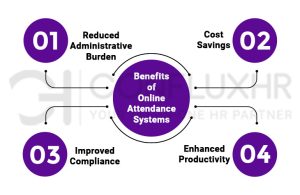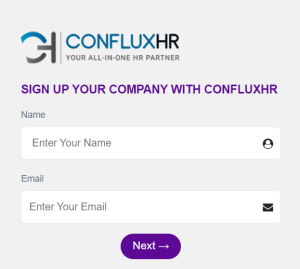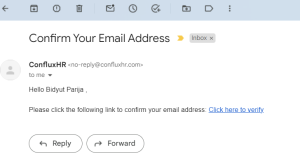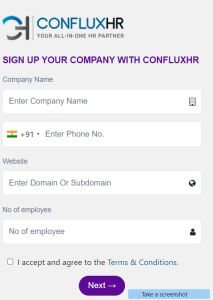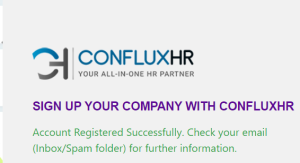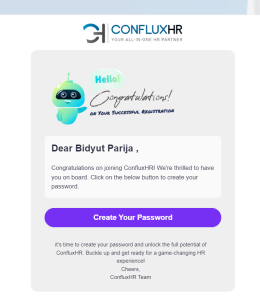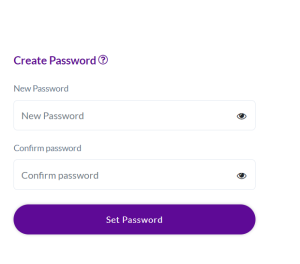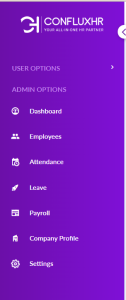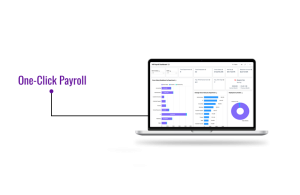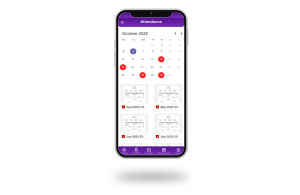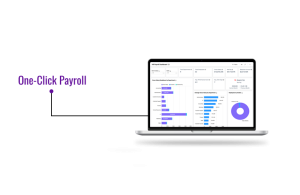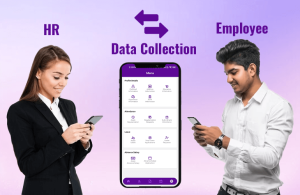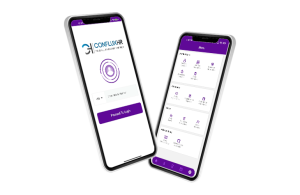Introduction to HR Automation
Automation is revolutionizing how HR departments function, transforming time-consuming processes like payroll, attendance, and compliance management into streamlined, efficient workflows. By automating repetitive tasks, HR teams save valuable time, reduce errors, and focus on strategic goals like talent development and employee engagement. This shift enables organizations to operate more effectively and deliver better outcomes for employees and businesses alike.
Latest Trends in HR Automation
AI-Powered Recruitment
Artificial Intelligence is reshaping recruitment processes by automating candidate sourcing, screening, and even initial interactions. This trend ensures faster hiring with a focus on identifying the best talent, reducing biases, and cutting hiring costs.Employee Self-Service Portals
Self-service portals empower employees to access and manage their personal data, apply for leaves, and download pay slips independently. This reduces HR workloads while improving employee satisfaction and engagement.Real-Time Analytics
Data-driven decision-making is a game-changer in HR. Real-time analytics tools help organizations track performance, attendance, and turnover metrics, enabling proactive solutions to workforce challenges.Mobile-Optimized HR Systems
With mobile-first strategies dominating, HR systems optimized for smartphones and tablets allow employees and managers to access HR functionalities on the go. This increases accessibility and speeds up decision-making.Chatbots for HR
Chatbots are becoming an integral part of HR automation by providing instant responses to employee queries, assisting with onboarding, and even conducting surveys. These AI-driven tools enhance employee experience and streamline communication.
How Automation Boosts SMB Growth
Saving Time for Small Teams
Automation allows small and medium-sized businesses (SMBs) to handle HR processes efficiently, saving hours on manual tasks and letting teams focus on growth-oriented activities.Faster Hiring Processes
Automation accelerates recruitment by handling repetitive tasks like screening and interview scheduling, helping SMBs stay competitive in acquiring top talent.Ensuring Compliance
Automated systems help SMBs adhere to labor laws and regulations effortlessly by generating timely reports and maintaining accurate records.
Challenges and Solutions in HR Automation
Resistance to Change
Adopting new technology often faces resistance from employees and management. Providing training and demonstrating the long-term benefits of automation can ease this transition.Integration Issues
Many organizations struggle to integrate HR automation tools with their existing systems. Choosing scalable and compatible software ensures seamless integration and maximizes efficiency.Maintaining Data Security
With sensitive employee information at stake, implementing robust encryption, access controls, and regular audits is critical to ensuring data privacy and security.
Why HR Automation is Essential for 2025
In today’s competitive landscape, automating HR processes is no longer optional—it’s a necessity. Businesses must focus on strategic goals like workforce planning, employee development, and organizational growth. HR automation provides a competitive edge by reducing manual workloads, improving accuracy, and enabling data-driven decisions.
By embracing HR automation, organizations can future-proof their operations, attract top talent, and enhance employee satisfaction, setting the stage for sustainable success.


